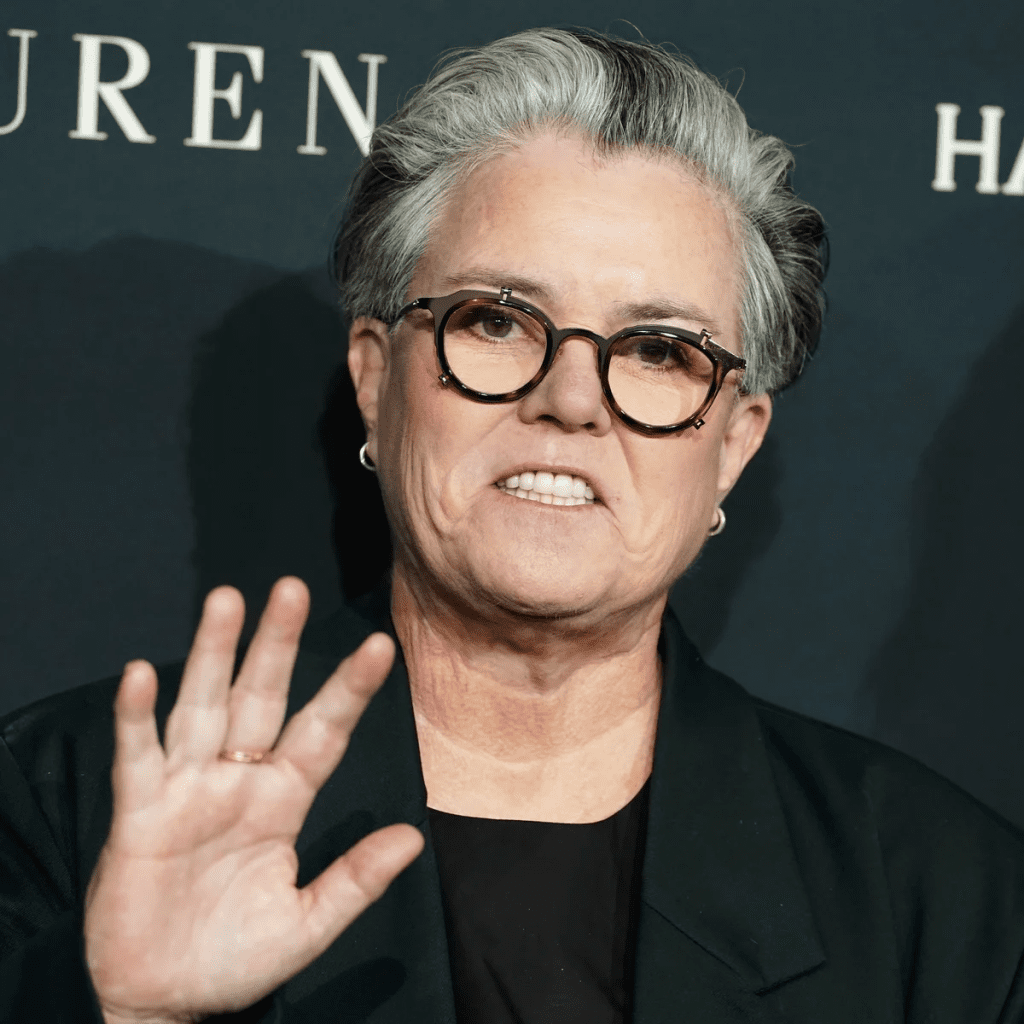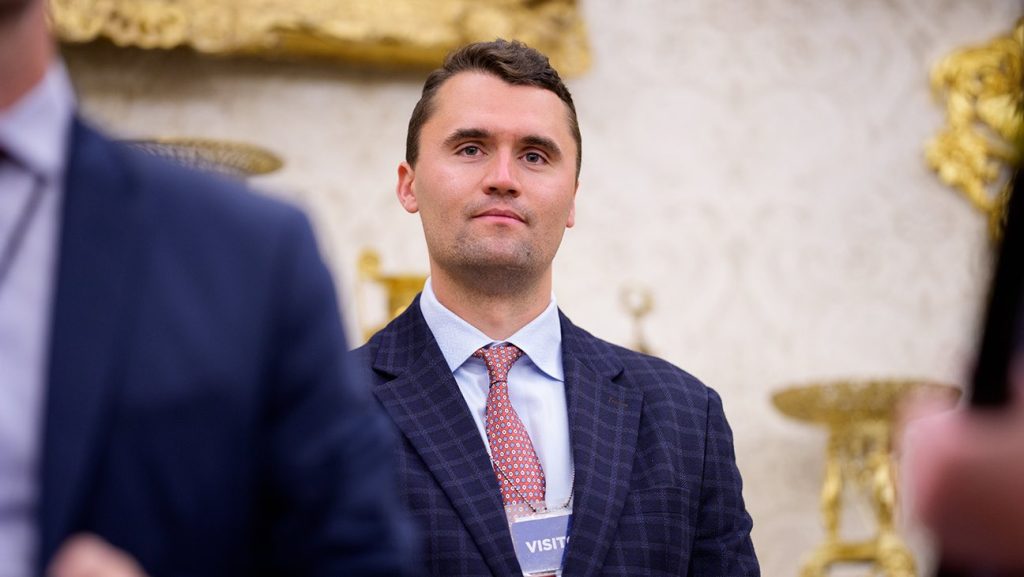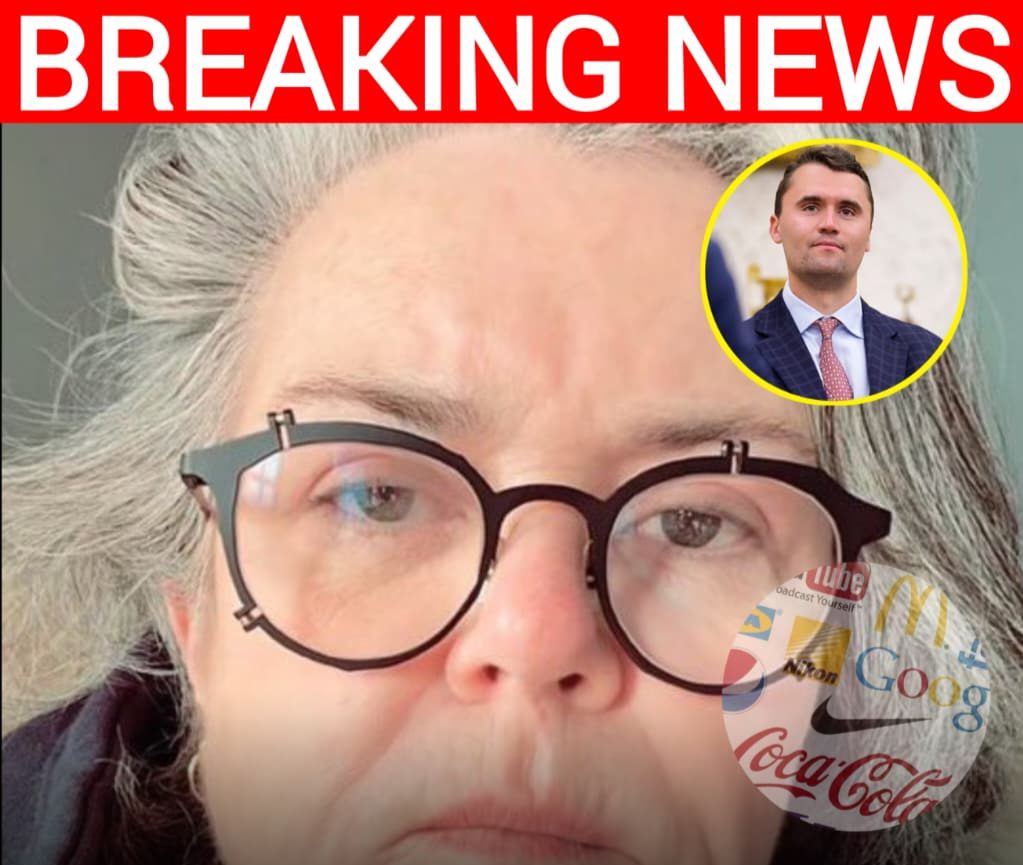Hollywood Actress Rosie O’Donnell Could Lose Millions After Sharing False Claims About Charlie Kirk That Sparked Stephen King Backlash
The controversy surrounding Charlie Kirk has now reached into Hollywood, and actress Rosie O’Donnell is at the center of it. O’Donnell, who has long been outspoken on political and social issues, is facing heavy criticism after she shared the same defamatory claims about Kirk that author Stephen King had recently repeated online. King’s comments, which falsely accused Kirk of supporting the stoning of gay people, resulted in a major backlash, including Belfast Book Company pulling his titles from their shelves. When O’Donnell echoed the same claims in her own social media posts, she drew a wave of attention and outrage that could now affect her career and partnerships.

In her post, O’Donnell not only repeated the false claim but also shared a photo labeling Kirk as “Anti-LGBTQAI,” “Anti-Planet,” “Anti-Women,” and “Anti-Children.” The tone was clearly meant to be critical and provocative, but the problem is that the central accusation has been proven to be untrue. By tying herself to it, O’Donnell opened the door to both legal and financial consequences. Companies and brands connected to her are now reported to be reconsidering their relationships, with some reports suggesting that she could lose millions of dollars in advertising deals and sponsorships.
The situation is a reminder of how quickly misinformation can spread in the digital age and how costly it can be when celebrities amplify it without fact-checking. Stephen King himself faced a storm of backlash for sharing the same claim, and O’Donnell’s decision to repeat it only magnified the controversy. In today’s climate, where reputations can shift overnight, a single post can trigger long-lasting consequences that go beyond public perception and into contracts, partnerships, and financial stability.
For many observers, this moment also highlights the broader responsibility of public figures. Fans may look to celebrities for guidance or inspiration, but when their platforms are used to share false or damaging claims, it can harm both the subject of the claim and the credibility of the one sharing it. In O’Donnell’s case, what might have been intended as a sharp critique has instead become a crisis management situation.
Charlie Kirk, for his part, has consistently denied these accusations and has publicly stated that they are lies meant to discredit him. His supporters have rallied to his defense, pointing out the dangers of spreading unverified claims and calling for accountability from those with large platforms. The response has been swift, and it is likely that O’Donnell will face continued scrutiny in the weeks to come.

This story serves as a cautionary tale not just for celebrities but for anyone active on social media. Words matter, and in an age where screenshots and reposts travel instantly, once something is shared it cannot easily be undone. For Rosie O’Donnell, the road ahead may involve repairing her public image and reassuring companies that her judgment online will not put their brands at risk. The final impact is still unfolding, but one thing is clear: in the intersection of Hollywood, politics, and digital media, the cost of a false post can be higher than anyone expects.


